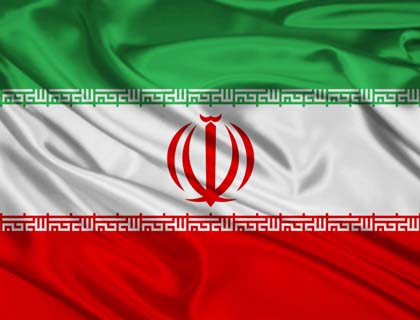VIENNA - After years of stonewalling, Iran has told diplomats that it plans to cooperate this weekend with U.N. experts probing alleged activities whose existence it has steadfastly denied — work on nuclear weapons.
But with Iran still denying any attempt to make such arms, the investigators must tread carefully.
With the probe stalled for six years, the U.S. and its allies are pushing the U.N.'s International Atomic Energy Agency for progress. At the same time, too much pressure on Iran at talks between IAEA and Iranian officials could force Tehran back into its shell of secrecy.
That, in turn may impact negatively on parallel talks between Iran and six world powers seeking to eliminate fears Tehran may use its nuclear programs to make weapons by curbing its atomic activities in exchange for sanctions relief.
Those talks are off to a promising start with both sides planning to meet Feb. 18 to try and translate an interim deal into a permanent agreement. But Olli Heinonen, who formerly headed the IAEA's Iran probe, says that — with distrust still high on both sides — a final deal can be sealed "only if uncertainties over Iran's military nuclear capability are properly addressed."
Iran has denied any interest in — or work on — nuclear weapons since the IAEA stared to focus on its atomic activities. Specific attempts to probe the alleged weapons program first launched in 2007 have made little progress.
As the IAEA team arrived in Tehran on Friday, the state IRNA news agency cited Iranian atomic energy organization spokesman Behrouz Kamalvandi as saying his country is ready to answer all questions raised by the U.N. agency.
IRNA did not elaborate, and such pledges have been made before. But a senior diplomat from an IAEA member nation cited a ranking Iranian official as telling him and other senior diplomats that Iran was specifically ready to engage on the weapons program suspicions with the U.N. experts.
The diplomat demanded anonymity because he wasn't allowed to discuss his private meeting with the Iranian official.
Another diplomat said that the IAEA team was carrying a list of alleged weapons-related experiments that it would present to the Iranian negotiating team for discussion. Among them, were:
— indications that Iran has conducted high explosives testing and detonator development to set off a nuclear charge, as well as computer modeling of a core of a nuclear warhead.
—suspected preparatory work for a nuclear weapons test, and development of a nuclear payload for Iran's Shahab 3 intermediate range missile — a weapon that can reach Israel.
—information that Iran went further underground to continue work on nuclear weapons development past 2003, the year that U.S. intelligence agencies believe such activity ceased.
Iran has up to now denied the allegations, first published in detail by the IAEA in November 2011. It has dismissed them as inaccurate or outright false, based on doctored intelligence from the U.S., Israel and other Iran adversaries.
The agency is seeking access to individuals, documents and sites linked to these and other alleged nuclear weapons-related work.
The second diplomat, from a Western nation, also demanded anonymity because he wasn't authorized to share his information. He said the U.S. and its Western allies had made clear to IAEA chief Yukiya Amano that they expected progress on clearing up the weapons allegations.
A third diplomat, also from a Western country said that agency experts were planning to allow Iran to ease into cooperation on the weapons allegations by asking first for less sensitive information. He declined to give details and like the others who spoke to the AP demanded anonymity because he wasn't authorized to discuss confidential negotiating tactics. (AP)

